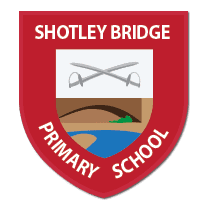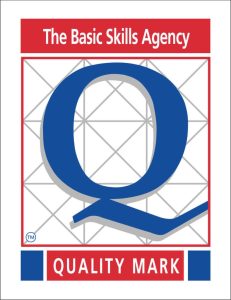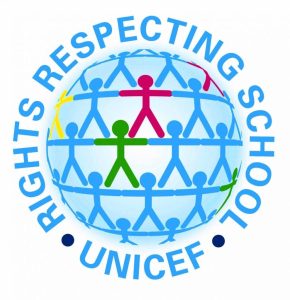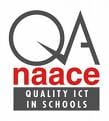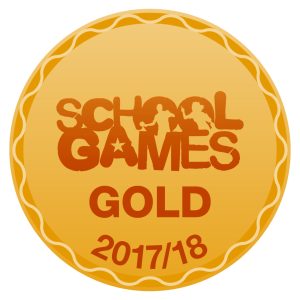The History curriculum at Shotley Bridge Primary School aims to inspire our pupils to become historians and develop their understanding of Britain’s past and the wider world. It aims to provide an enquiry based, high quality curriculum which promotes curiosity and fascination, inspiring children to become active learners. The curriculum has been carefully sequenced to ensure that chronological order is paramount and that previous content and concepts are reviewed and revisited in order to build upon previous learning. At Shotley Bridge Primary School, we follow the Durham scheme however we have adapted some areas in order to make it bespoke to our school. Shotley Bridge is rich in historical features therefore we have ensured that our children are exposed to the history which their local area provides, such as the introduction of the Shotley Bridge sword markers, Shotley Bridge zoo, the war memorial cottages etc and children are encouraged to explore the consequences these provided. Our History Overview outlines the essential details to ensure full coverage of the National Curriculum whilst providing our teachers with the tools required to support the development of informed historians.
Throughout our curriculum design, we strive for our pupils to: ·
- foster in children an interest in the past and to develop an understanding that enables them to enjoy all that history has to offer;
- enable children to know about significant events in British history and to appreciate how things have changed over time;
- learn to research, analyse and reflect upon evidence – skills that are prized in adult life – to develop their understanding of social, cultural, political and economic relationships of past civilisations and their influence on the present;
- consider what past societies were like, how these societies organised their lives and politics, and what beliefs and cultures influenced people’s actions locally and throughout the wider world;
- develop a chronological framework for their knowledge of significant events and people, whom without, the world would look considerably different today;
- learn about the diversity of human experience, which is used to develop the child’s respect for human rights and fosters opportunities for personal reflection as individuals and members of modern society.
Our coherent, planned curriculum has purposefully been designed supporting progressive learning through the year groups. Our youngest children learn about historical events closest to the present year (within their living memory) and are taught through a range of interactive activities to support them in discovering the meaning of new and old. As the children progress through the years, their History learning delves deeper and further into the past (beyond their living memory). Pupils continue to develop a chronologically secure knowledge and understanding of local history, Britain and world history including change and continuity. Our children study a range of significant people, periods and events that occurred in British and international history.
Our curriculum is also enriched by a range of historical experiences across the whole school (e.g. out of school residential visits to historical parts of the UK, such as Vindolanda and Jorvik; Durham Learning Resource boxes are used to analyse ancient artefacts; working alongside Durham County census team to name just a few.)
At Shotley Bridge Primary School, we understand that it is vital for children to develop a secure understanding of each key block of knowledge and concepts in order to progress to the next stage. Regular assessments of children’s learning and understanding, including adding to mind maps or completing exit tasks enable us to make appropriate early interventions to ensure every child makes high levels of progress and address any misconceptions.
It is important at Shotley Bridge that when learning and practising history, children are able to articulate what history is and can clearly differentiate between the skills historians require from the historical knowledge that they know and have retained, whilst broadening their vocabulary – thus ensuring a real purpose for learning.
